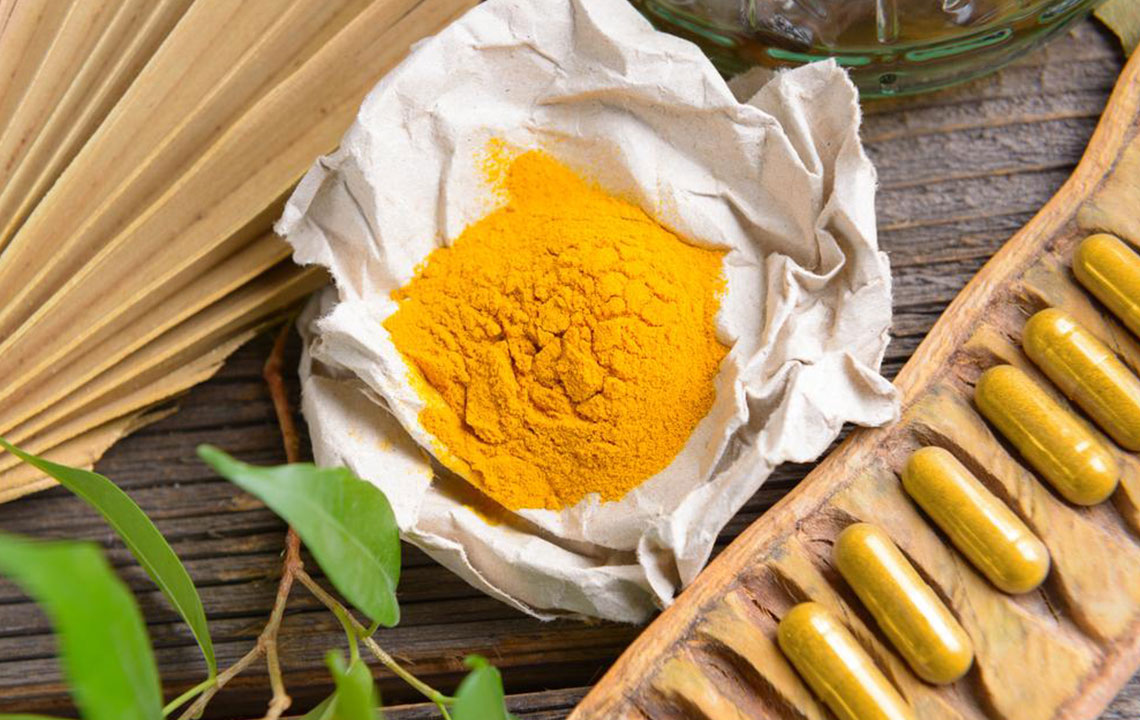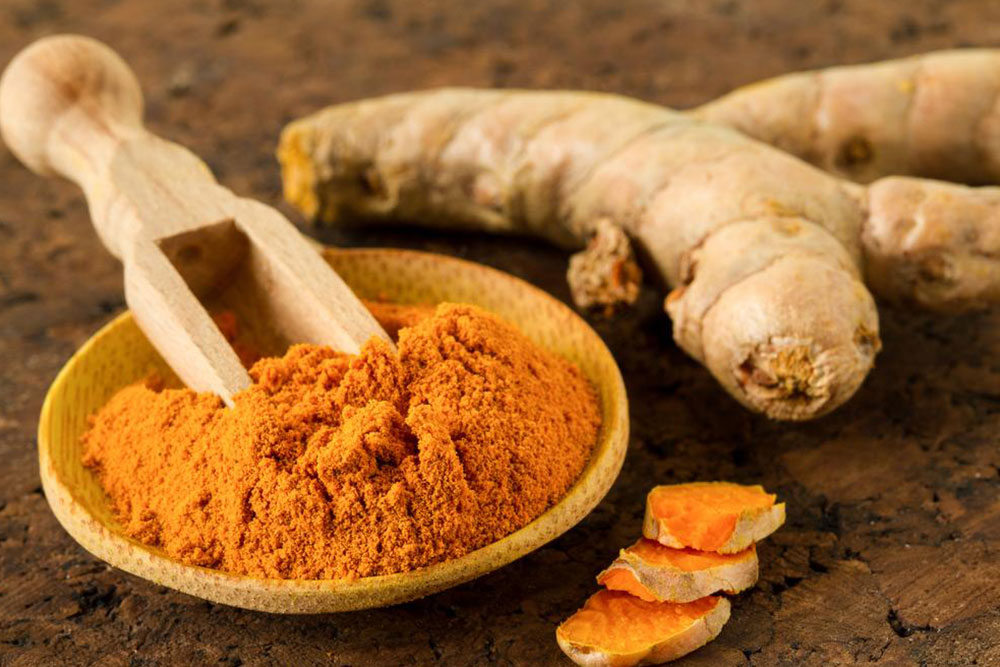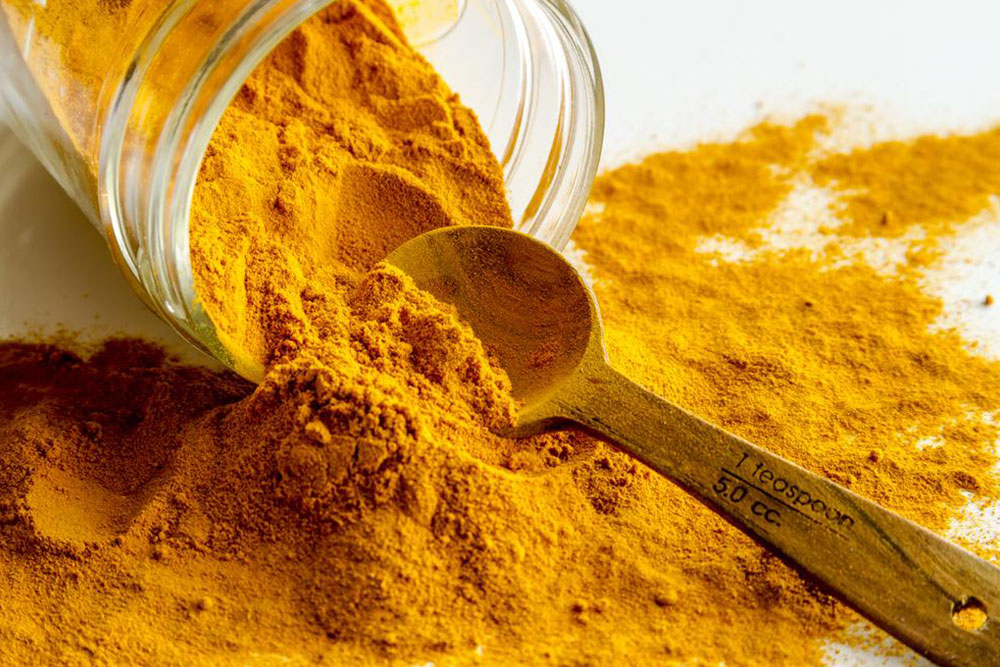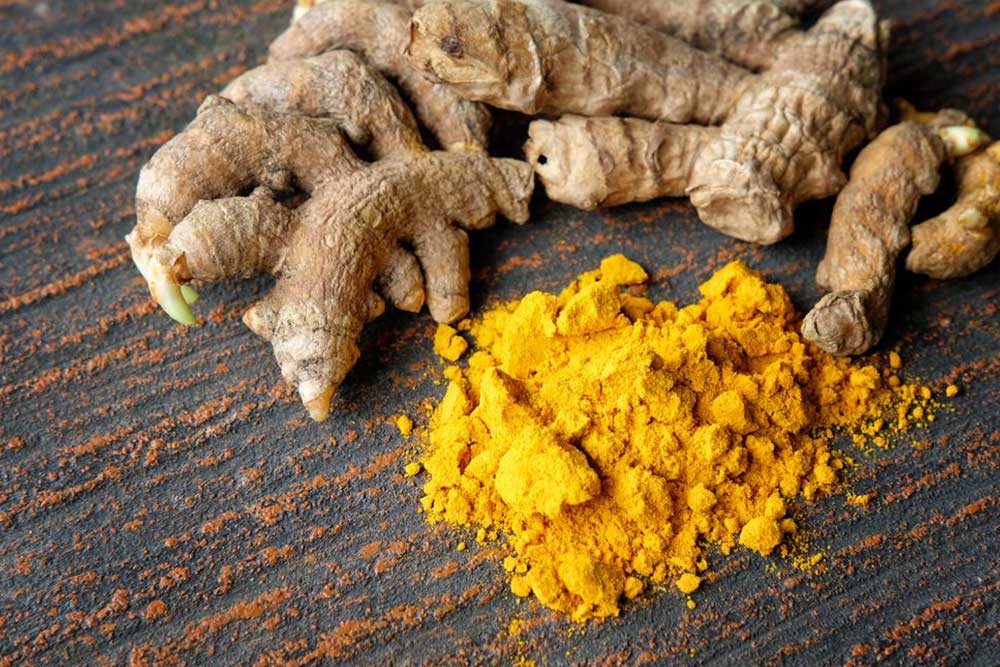In-Depth Overview of Turmeric Supplements: Benefits, Uses, and Optimal Dosing
This comprehensive guide explores the numerous health benefits of turmeric supplements, focusing on curcumin’s role in reducing inflammation, alleviating pain, and supporting overall wellness. It details effective dosages, methods to enhance absorption, and practical tips for safe and optimal usage. Whether you're considering turmeric for joint health, neuroprotection, or general inflammation reduction, this article provides valuable insights backed by scientific research, helping you incorporate this powerful spice into your health regimen safely and effectively.
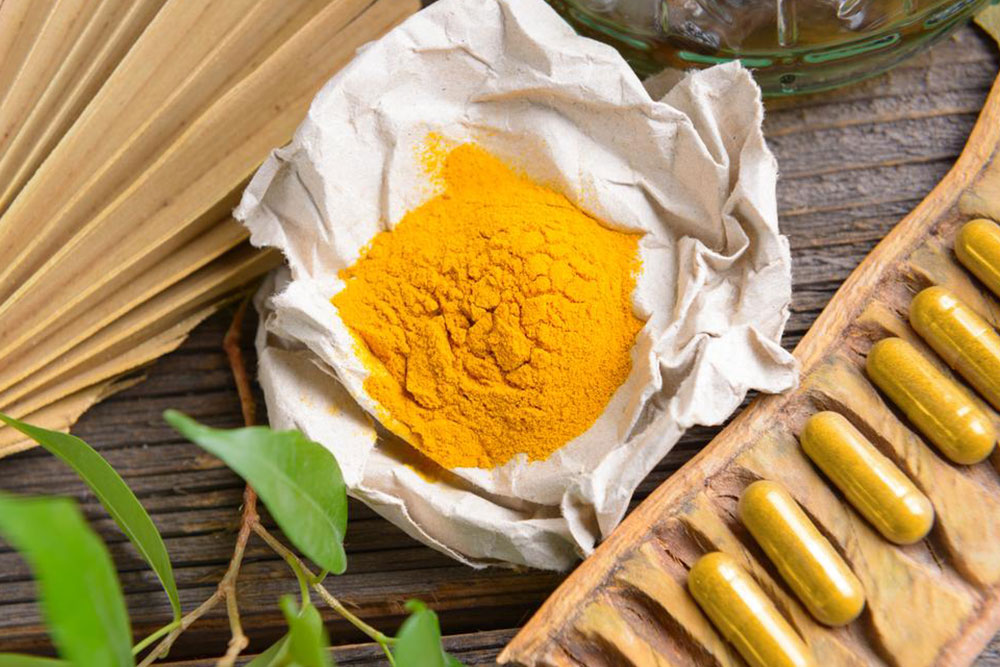
In-Depth Overview of Turmeric Supplements: Benefits, Uses, and Optimal Dosing
Turmeric is a vibrant, golden-yellow spice that has been celebrated for centuries, especially within Asian culinary traditions. Known for its warm aroma and earthy flavor, turmeric is a staple ingredient in a variety of dishes such as curries, mustards, pickles, and spice blends. Beyond its culinary uses, turmeric has garnered significant attention in the health and wellness community for its potential medicinal properties. This interest stems largely from its active compound, curcumin, which contributes not only to turmeric’s characteristic color but also to its possible health-promoting effects.
In recent years, turmeric has transitioned from a kitchen spice to a supplement used globally for its potential anti-inflammatory and antioxidant properties. The root of turmeric, which is typically dried and ground into powder, can also be processed into extracts, capsules, tinctures, and other dietary supplements. These supplements are believed to provide a concentrated dose of curcumin and other beneficial compounds, making it easier for users to incorporate turmeric’s health benefits into their daily routines.
Understanding the health benefits and proper usage of turmeric supplements is essential for anyone considering adding them to their wellness regimen. Extensive scientific research suggests that curcumin, the primary bioactive component of turmeric, may play a role in reducing chronic inflammation, which is at the root of many diseases, including cancer, cardiovascular disease, diabetes, neurodegenerative conditions like Alzheimer’s disease, and even depression.
While traditional uses of turmeric date back thousands of years, modern research is increasingly validating its potential therapeutic effects. Notably, turmeric might help lower inflammation markers, improve joint pain in conditions like arthritis, and protect brain health. However, most of the compelling evidence comes from laboratory and animal studies, with human clinical trials still ongoing or preliminary. Therefore, while promising, turmeric supplements should be viewed as complementary to conventional treatments rather than cures.
Determining the appropriate dosage of turmeric or curcumin supplements depends on various factors such as individual health status, age, and the specific health outcome targeted. Typically, studies utilizing turmeric extracts have used doses ranging from 200 mg to over 5,000 mg of curcumin daily. For safe and effective results, many health practitioners recommend starting with lower doses—around 200 to 500 mg of curcumin daily—and adjusting as needed, under medical supervision.
One challenge with curcumin is its limited bioavailability when consumed alone. It is poorly absorbed by the gastrointestinal tract without assistance. Enhancing absorption can be achieved by combining curcumin supplements with healthy fats—such as olive oil, coconut oil, or full-fat yogurt—or using formulations specifically designed to improve bioavailability, such as phytosomal or nanoparticle versions. Consuming turmeric roots fresh or dried powder in amounts of approximately 1.5 to 3 grams per day can also provide a modest but beneficial intake of curcumin and other active compounds.
For concentrated supplements, standard dosages generally range from 400 to 600 mg per capsule, taken two to three times a day to maintain stable blood levels. Some users prefer liquid tinctures, which often come with specific dosage recommendations, typically around 15–30 drops four times daily. When selecting turmeric supplements, it is crucial to choose products from reputable brands that specify curcumin content and ensure high-quality manufacturing standards. Adhering to these guidelines can help maximize the health benefits of turmeric while minimizing potential side effects or interactions.
Incorporating turmeric into your health routine can be simple and effective, whether through daily dietary inclusion or supplement use. As with any supplement, consulting a healthcare professional beforehand is recommended, particularly if you are pregnant, nursing, or taking medications such as blood thinners or anti-inflammatory drugs. Proper dosing, good quality products, and consistent use are key factors in harnessing turmeric’s full potential for health improvement.
